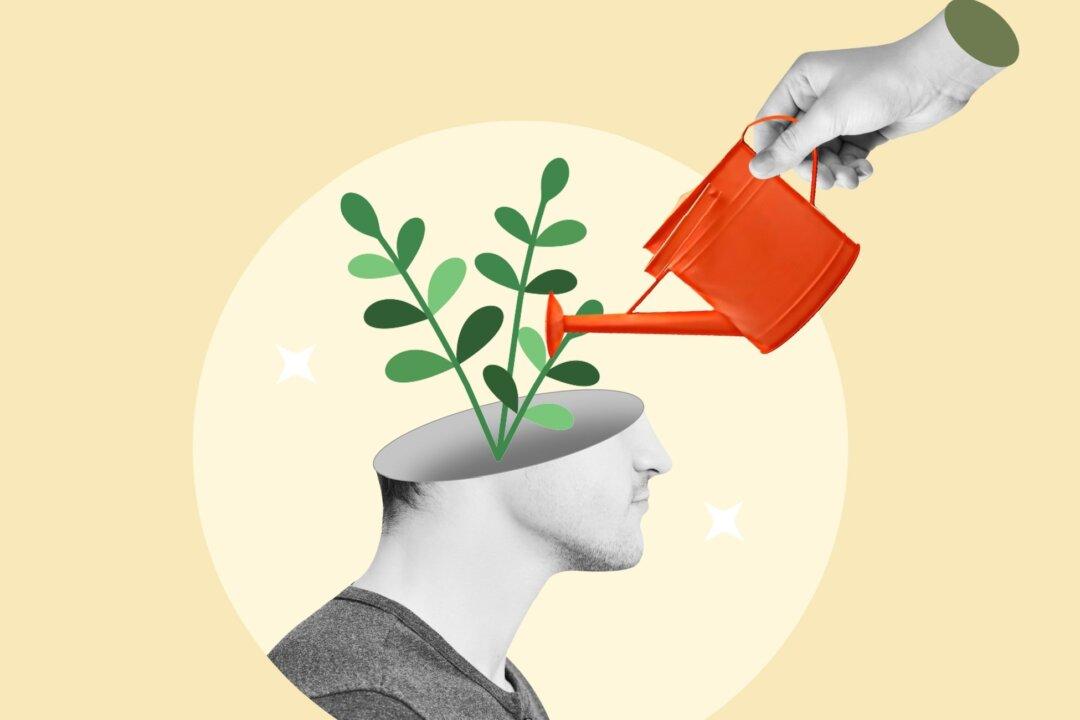We have been taught to trust our feelings. Being authentic, we are told, is the key to success. On college campuses, feelings have been elevated to the sacred.
Gillian McCann, a professor of religion at Canada’s Nipissing University, relates the story of her graduate school supervisor advising her “to do whatever [she] felt.” A friend listening to her story quipped, “That kind of advice has ruined a generation.”





